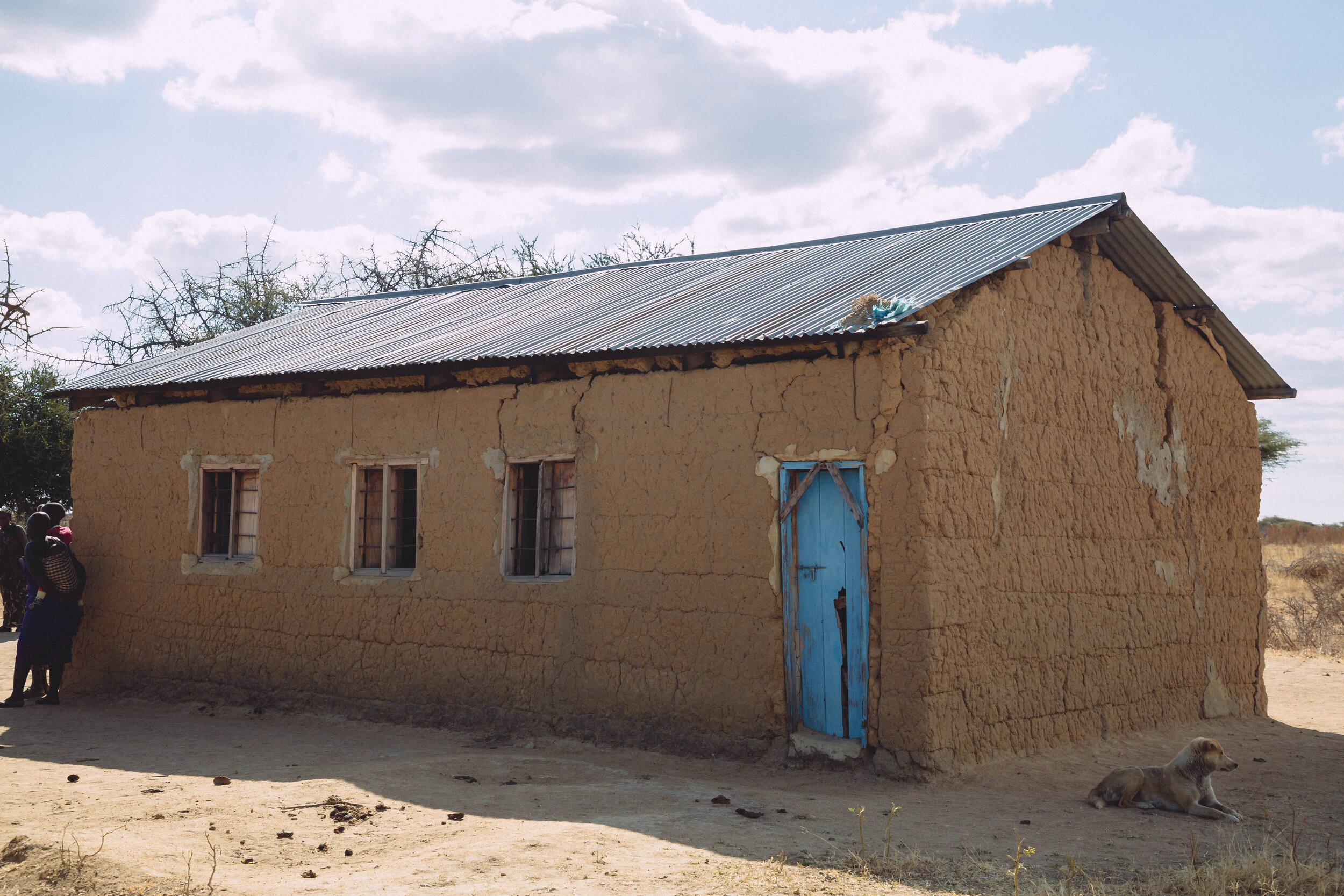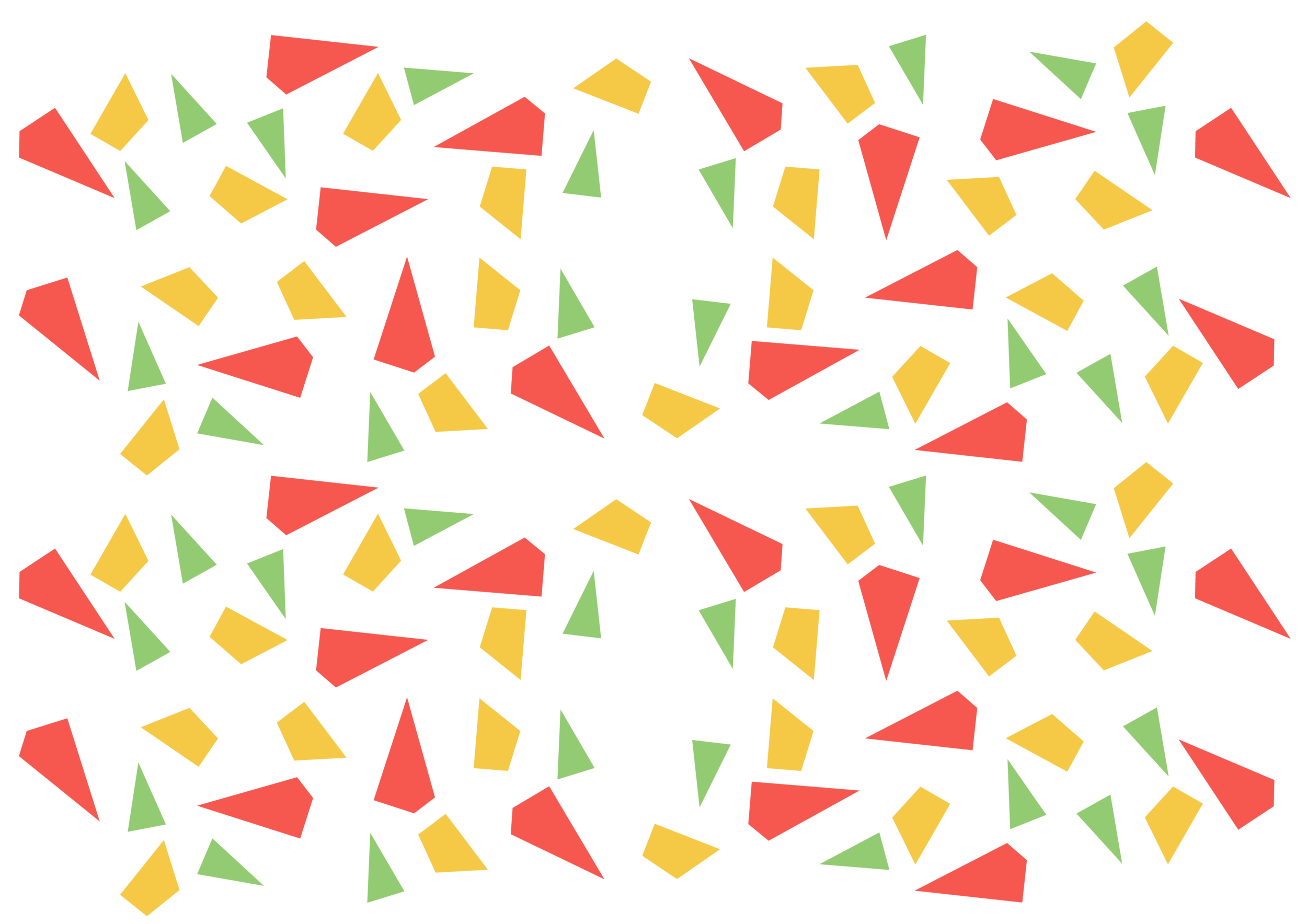
This is the current church how it looks like

Our goal is to renew it to have this look
New church in Iringa
The objective of this program is to teach women technical skills for them to develop additional mud construction projects. The first step is starting with the rebuilding of the church where women are meeting every Sunday.

-
Clean Water
Most of maasaï villages are not connected to water distribution. Women are getting water from streams and donkeys are carrying it back home. Places to find water can be different during the dry and the raining season.The water source is sometimes shared with caws.We are bringing clean water to the villages, digging wells or drilling boreholes and we assist women to maintain their installation.
-
Farming
Vegetables
To grow vegetables was not part of nomad way of life: the food was coming from the caw, milk, meat and blood.
Sedentary, maasaï communities can grow maïs and vegetables. If they have the chance to get more technical skills they will gain time and money.
Forest
Find wood in the bush is more and more complicated, a few generations grew up in the same place. Once wood is cut, it does not grow back as caws are eating young trees. Women have to walk always further to find wood.
Farming forest on a long term process is possible for sedentary communities.
-
Building
In the maasaï polygam culture, one woman has to build her house for herself and her children. For nomads, the traditional hunt is a dome, the structure is in wood covered with mud and cow dung. This structure can be reused while families are moving.
Cement modern house is not suitable for this kind of environment and is expensive. Women can develop more mud construction skills, enriching maasaï traditional knowledge with new skills from other traditions.
We are organizing participative projects with specialists coming to help women to realize their buildings in mud.



